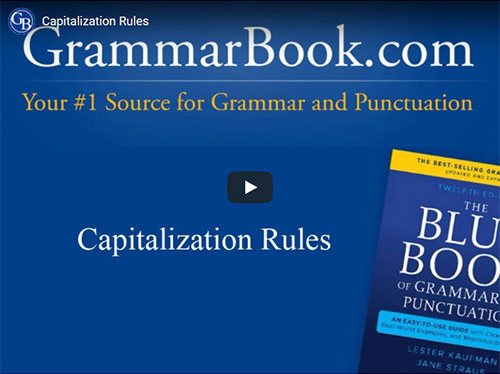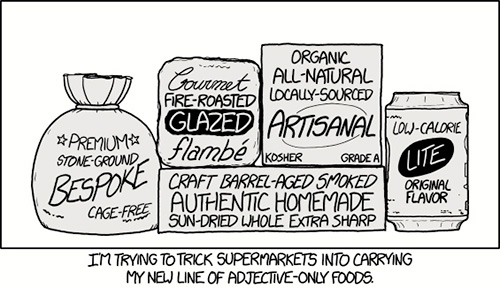|
A leading principle in learning grammar is that there are no stupid questions. However, there can be questions about the word stupid.
That brings us to the topic of today's post: Is stupider really a word? Or would it be better grammar to say more stupid?
Neither is very polite, and the answers might surprise you.
The Smart Answer to the Stupider Question
As surprising as it might be to some, stupider is actually a proper word. Many people will claim it's incorrect and prefer the term more stupid, but either is valid.
To understand why this is, there are a couple of things to know.
First, lots of short, one-syllable words get -er endings to indicate a greater degree or quantity (also known as comparative language). For instance, big becomes bigger, short becomes shorter, thin becomes thinner, and so on.
Longer, three-syllable comparative words are generally treated differently. Instead of -er endings, they are prefaced by “more” when a difference of degree is noted. That's why we write more coordinated instead of coordinateder or more musical rather than musicaler. Aside from being difficult to speak, the wrong versions of these words would grind a sentence to a halt.
Two-syllable comparative words can fall under both categories. Tidy can become tidier, for instance, but careful is formed as more careful. Some words, such as stupid, can be used either way.
There are exceptions to these guidelines, of course, and explaining the nuances would require a further look into linguistics. For the sake of simplicity here, we will simply point out that this is a case where grammar follows speech patterns. It's simply easier to say that something is prettier than it is to describe it as more pretty; more dangerous is easier to hear and understand than dangerouser.
One More Not-So-Stupid Detail
While we are on the subject, it's worth pointing out that when writing or speaking comparatively, it's also acceptable to use either stupidest or most stupid. That should make sense, given what you know about the other comparative qualities of the word.
So, while it might not be very nice to refer to something as stupid, you are well within your grammatical rights to refer to it as stupider, more stupid, most stupid, or even the stupidest.
|
View and comment on this
article on our website.
|
|
|

|
 |
The Blue Book of Grammar and Punctuation
by Lester Kaufman and Jane Straus |
The Authority on English Grammar! Twelfth Edition Now Available
An indispensable tool for busy professionals, teachers, students, homeschool families, editors, writers, and proofreaders.
Available in print AND as an e-Book! Over 2,000 copies are purchased every month!
To order the book, simply click the link to order the book from the GrammarBook.com website.
|
Free BONUS Quiz for You!
[[firstname]], because you are a subscriber to the newsletter, you get access to one of the Subscribers-Only Quizzes. Click here to take a Finding Nouns, Verbs, and Subjects Quiz and get your scores and explanations instantly!
We will be adding many more quizzes this year to our already substantial list of them. If you have suggestions for topics we have not yet covered, please send us a message at help@grammarbook.com.
|
Hundreds of Additional Quizzes
at Your Fingertips
Subscribe now to receive hundreds of additional English usage quizzes not found anywhere else!
Teachers and Employers
Save hours of valuable time! You may assign quizzes to your students and employees and have their scores tallied, organized, and reported to you! Let GrammarBook.com take the hassle out of teaching English!
"Fun to test my skills."
"The explanations really help ... thanks!"
"I can select the quizzes to assign to my students, and then the results are reported to me automatically!"
If you think you have found an error in a quiz, please email us at help@grammarbook.com
|
Wordplay

(Thanks to Arnold Zwicky)
|
 |
English in a Snap:
68 One-Minute English Usage Videos FREE |
Learn all about who and whom, affect and effect, subjects and verbs, adjectives and adverbs, commas, semicolons, quotation marks, and much more by just sitting back and enjoying these easy-to-follow lessons. Share them with your colleagues (and boss), children, teachers, and friends as well! Click here to watch.
|
|





